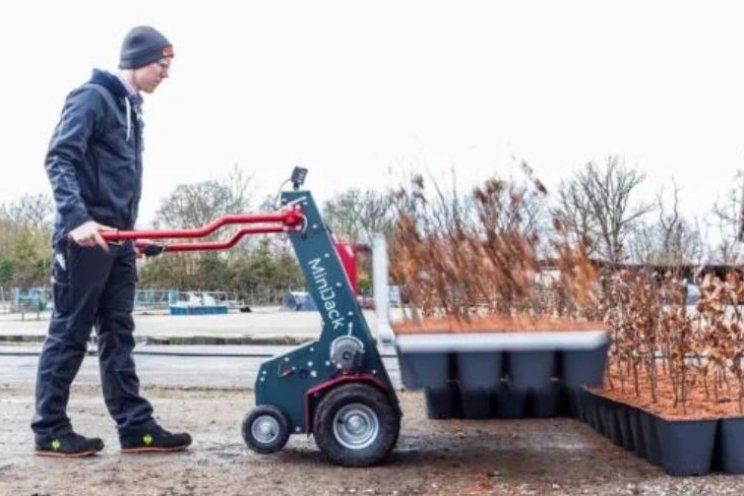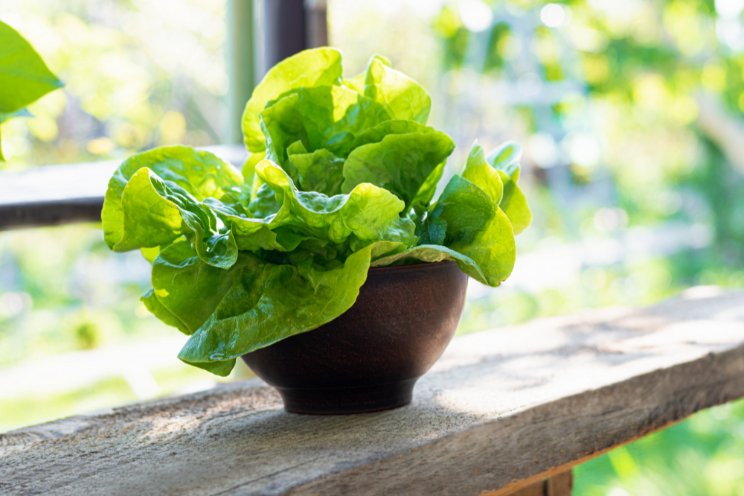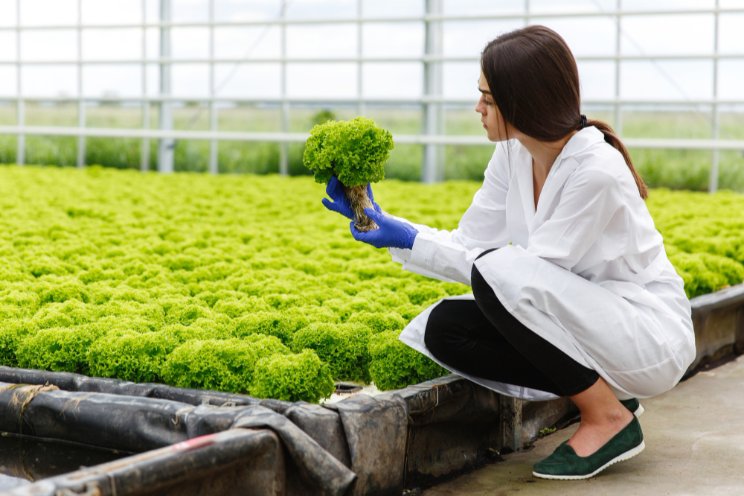Lettuce could protect astronauts' bones on Mars trip
Added on 27 March 2022

Researchers at the University of California, Davis, College of Engineering have developed a transgenic, or genetically modified, lettuce producing a drug to protect against bone density loss in microgravity.
Human bones are constantly balanced between growth and resorption, allowing them to respond to injury or changes in exercise. Spending time in microgravity disrupts this balance, tipping bones towards resorption, so astronauts lose bone mass. This can be treated with a drug called parathyroid hormone, or PTH, but it requires regular injections.
Kevin Yates, a graduate student working with Professor Karen McDonald and Adjunct Professor Somen Nandi at the UC Davis Department of Chemical Engineering, developed a transgenic lettuce that expresses a fusion protein combining PTH with part of a human antibody protein. The fusion protein is designed to be stable in the bloodstream and to allow astronauts to potentially purify the drug from plant extracts, Nandi said.
The team is evaluating the plants for how much of the drug they can produce, which leaves contain the most product and the best time to harvest the leaves.
Growing plants in space
Growing plants in space has multiple benefits, Nandi said. A mission to Mars might take several years to complete. Experience from the International Space Station shows that being able to grow some food in addition to pre-packaged meals is a big morale booster for astronauts, he said.
Photo created by freepic.diller - www.freepik.com
Source: Greenhouse Canada
More news















